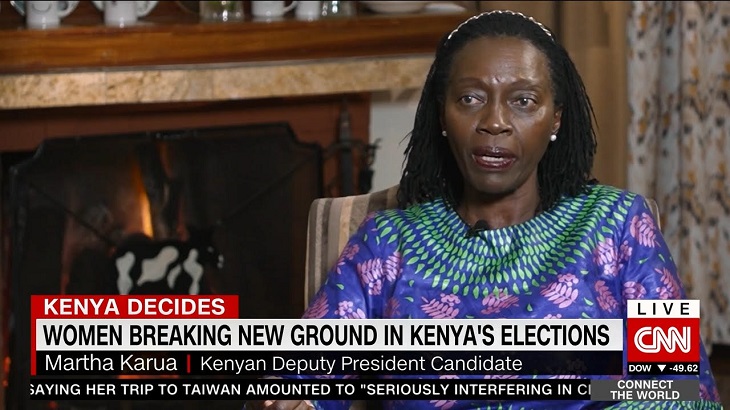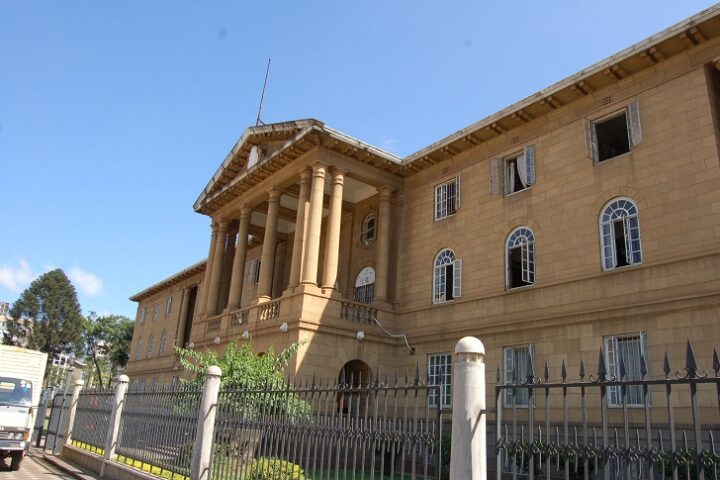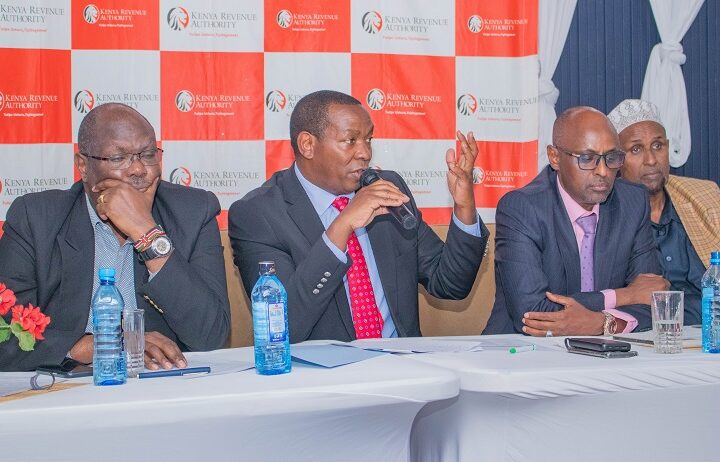It’s been over 10 years since Kenya set a constitutional requirement of having at least one-third female members of parliament. Long after the deadline, the country still has the lowest number of elected women in East Africa. CNN’s Larry Madowo speaks with the women running to change that.
If opposition leader Raila Odinga wins, Kenya could have its first female deputy president in 64-year-old Martha Karua. In the 25 years since a woman first ran for Kenya’s presidency, this is the closest any has come to the top seat. Karua bristles when asked if Kenya is ready for a female president, “That question suggests that women ought not to be on the ballot, because I have never had anybody question whether Kenyans are ready for yet another male. So that question is in itself discriminatory. I think that Kenya is ready for women at all levels.”
In her three decades in Kenyan politics, Karua has earned a reputation as a principled politician and the nickname “the Iron Lady” — a moniker she hates. “That name speaks to the misogyny within society. Strength is not perceived as female, strength is perceived as male,” Karua tells CNN.
Umra Omar is among a record number of women running for office in Kenya’s August 9 general election. She is running to be governor of Lamu, a conservative region near the Somali border, and is the coastal county’s first female candidate for the top job.
Omar is a humanitarian who has in the past been named a CNN Hero for her work with award-winning social enterprise Safari Doctors, which provides basic healthcare in remote areas of Lamu. She tells CNN that she is running for office as a natural progression after seven years of providing “band-aid solutions” for poor healthcare, “Being able to really dig our teeth into the root causes of rural challenges is what definitely propelled us into politics.”
Marilyn Kamuru, a lawyer and writer on women in politics, says that while more women are wanting to run for office, the system is still excluding them. She tells Madowo, “We’re seeing more and more women running, which tells us it has never been a problem about women wanting to participate in politics. It continues to be a problem about the systematic exclusion of women.”










